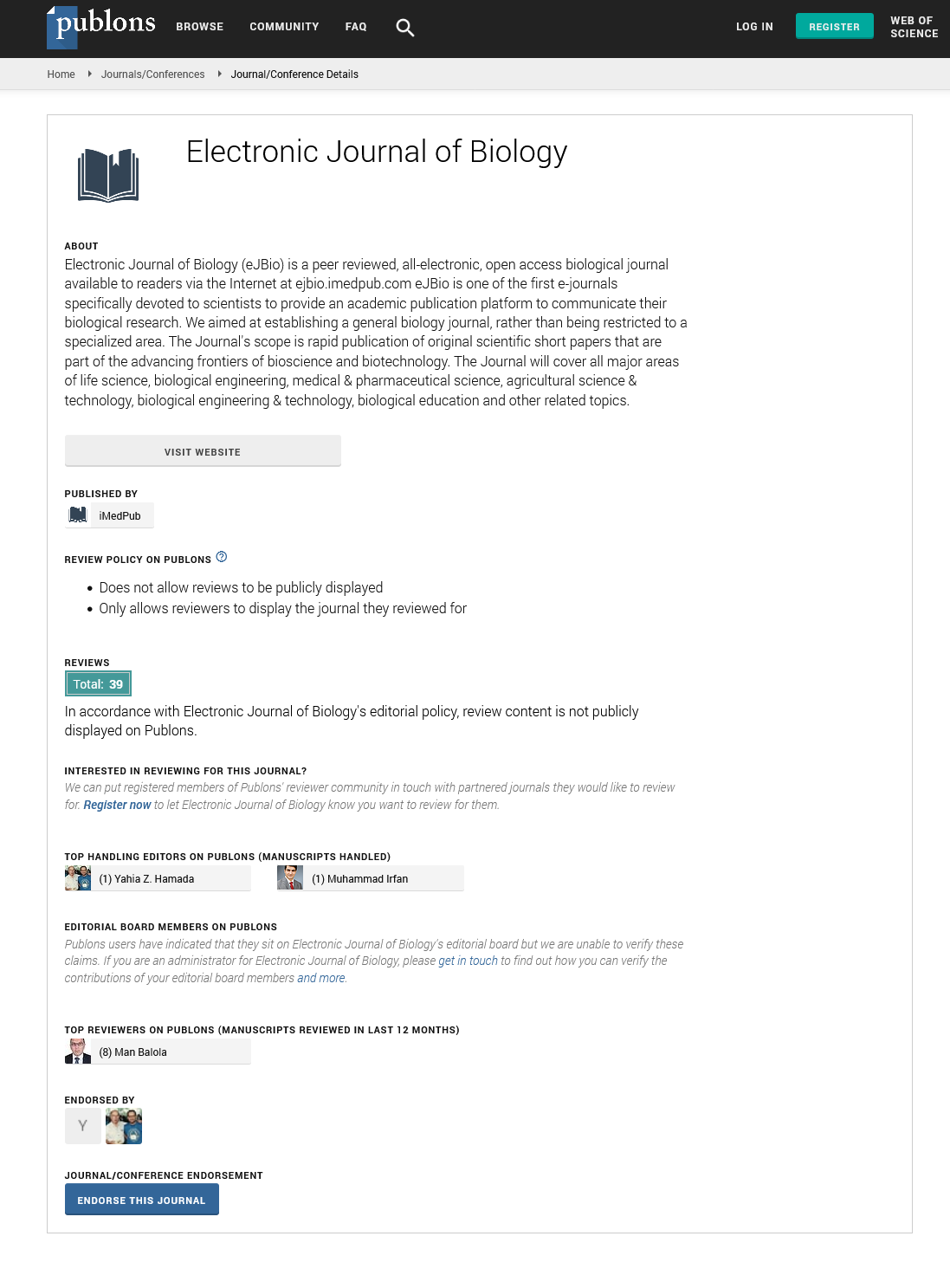Abstract
Hippocampus: A Memorable Lesson to be Learnt
Hippocampal neurogenesis is required for some types of hippocampus-dependent learning. The functional relevance of adult hippocampal neurogenesis has long been a matter of intense experimentation and debate, but the precise role of new neurons has not been sufficiently elaborated. Many factors enhance hippocampal neurogenesis including hormones, growth factors, drugs, neurotransmitters, and physical exercise as well as learning a hippocampal- dependent task. Other factors suppress hippocampal neurogenesis; these include aging, stress, glucocorticoids and stimuli that activate the pituitary/adrenal axis. Recently, much attention has focused on the relevance of hippocampal neurogenesis to the pathophysiology and treatment of mood disorders. Indeed all major pharmacological and non-pharmacological treatments for depression enhance hippocampal neurogenesis and suppressing hippocampal neurogenesis in mice blocks behavioral responses in some antidepressant-sensitive tests. The present review highlights the functional significance of the adult hippocampal neurogenesis, factors affecting the same, study its effect on learning and how it responds to brain injury (especially in depression, epilepsy and Alzheimer’s disease). Thus, the dysregulation of adult neurogenesis may contribute to their pathogenesis and ultimately lead to developing effective therapeutic interventions for the same.
Author(s): Nagesh C Shanbhag
Abstract | Full-Text | PDF
Share this

Google scholar citation report
Citations : 5001
Electronic Journal of Biology received 5001 citations as per google scholar report
Electronic Journal of Biology peer review process verified at publons
Abstracted/Indexed in
- Google Scholar
- China National Knowledge Infrastructure (CNKI)
- CiteFactor
- Electronic Journals Library
- Zoological Records
- WorldCat
- Proquest Summons
- Publons
- MIAR
- Openaccessarticles.com
- Secret Search Engine Labs
Open Access Journals
- Aquaculture & Veterinary Science
- Chemistry & Chemical Sciences
- Clinical Sciences
- Engineering
- General Science
- Genetics & Molecular Biology
- Health Care & Nursing
- Immunology & Microbiology
- Materials Science
- Mathematics & Physics
- Medical Sciences
- Neurology & Psychiatry
- Oncology & Cancer Science
- Pharmaceutical Sciences


